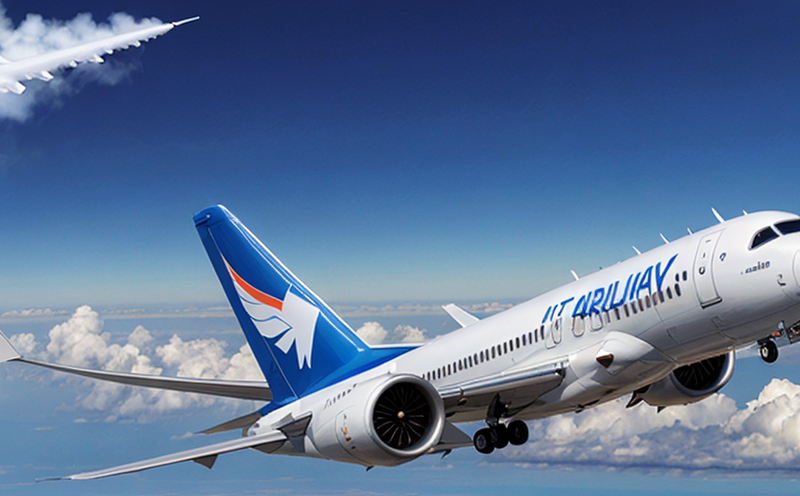FAA AC 20-152 DO-254 Hardware & Software Co-Validation Testing
The Federal Aviation Administration (FAA) Advisory Circular 20-152, in conjunction with the industry standard DO-254, addresses the rigorous validation and certification of avionics systems. DO-254 focuses on the development, production, and support of electronic hardware for aviation applications to ensure they meet safety and reliability requirements.
The FAA AC 20-152 mandates that all electronic hardware and software components used in flight data systems undergo comprehensive validation testing to ensure they are fit for their intended purpose. This includes assessing the hardware design, software design, and the interaction between them. The objective is to prevent any faults or errors from causing malfunctions that could compromise safety.
FAA AC 20-152 DO-254 Testing involves a series of rigorous steps designed to validate both hardware and software components simultaneously. This approach ensures that the electronic systems are safe, reliable, and perform as intended under all operational conditions. The testing process includes:
- Hardware Validation: Ensuring that the physical design meets safety standards.
- Software Validation: Verifying that the software is correct and adheres to specified requirements.
- Co-Validation: Integrating both hardware and software into a complete system for comprehensive testing, including real-world simulations of flight scenarios.
This co-validation process ensures that all components work seamlessly together, enhancing the overall safety and reliability of the avionics systems. The testing is conducted in controlled environments to replicate operational conditions as closely as possible, ensuring that any potential issues are identified before deployment.
The importance of this testing cannot be overstated. In-flight failures can lead to catastrophic outcomes, making it essential for manufacturers to adhere strictly to FAA AC 20-152 and DO-254 guidelines. This process helps in identifying and rectifying design flaws early, thereby minimizing the risk of failure during operational use.
Our laboratory is equipped with state-of-the-art facilities that mimic real-world flight conditions, allowing for accurate testing and validation. We employ experienced engineers who are well-versed in FAA AC 20-152 DO-254 requirements to ensure compliance throughout the entire process. Our services cover all aspects of hardware and software co-validation, from initial design reviews to final certification.
Benefits
- Enhanced Safety: Ensures that avionics systems are safe and reliable, reducing the risk of in-flight failures.
- Improved Reliability: Identifies design flaws early, enhancing overall system performance.
- Compliance Assurance: Ensures adherence to FAA AC 20-152 DO-254 requirements, facilitating certification processes.
- Reduced Risks: Minimizes operational risks by identifying potential issues before deployment.
- Cost Efficiency: Early identification of problems can save significant costs associated with redesign and retesting later in the development cycle.
- Reputation Enhancement: Demonstrates a commitment to safety and quality, enhancing your organization's reputation in the industry.
International Acceptance and Recognition
The FAA AC 20-152 DO-254 Testing is widely recognized and accepted across the aviation industry. Compliance with these standards ensures that avionics systems meet international safety and reliability criteria, which are essential for global certification and regulatory approval.
Our laboratory's expertise in this area positions us as a trusted partner for aerospace manufacturers seeking to ensure their products meet stringent industry standards. By adhering to these guidelines, organizations can confidently pursue certification processes without the risk of non-compliance penalties or delays.
Environmental and Sustainability Contributions
In addition to enhancing safety and reliability, our FAA AC 20-152 DO-254 Testing also contributes positively to environmental sustainability. By identifying design flaws early in the development process, we help manufacturers avoid unnecessary material waste and energy consumption associated with redesigns and retesting.
Our testing methodologies ensure that avionics systems are optimized for efficiency, which can lead to reduced fuel consumption and emissions over their operational lifecycles. This aligns with broader sustainability goals within the aerospace industry, contributing to a more sustainable aviation ecosystem.





